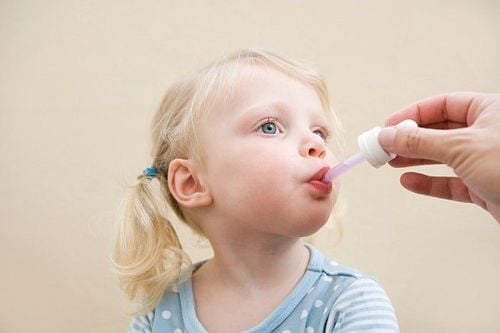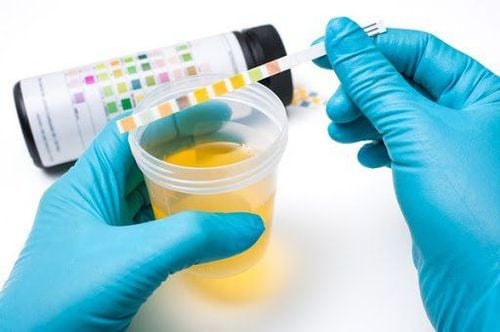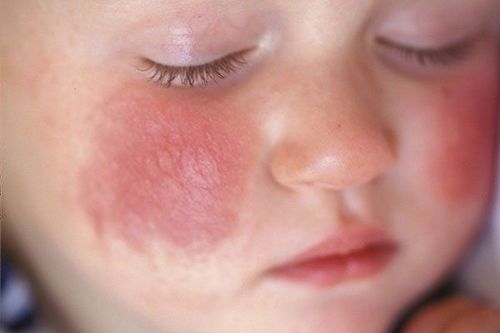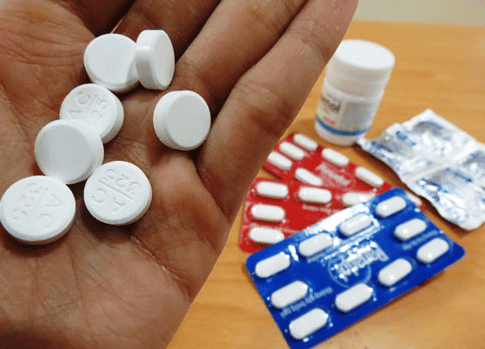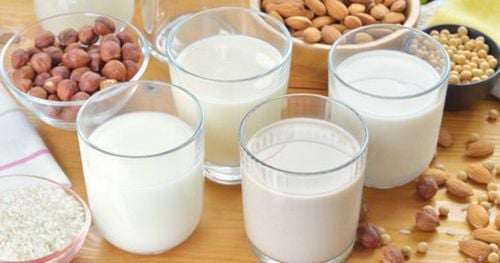This is an automatically translated article.
Video content is professionally consulted by Master, Doctor Nguyen Duy Bo - Pediatric Center - Vinmec Times City International Hospital
When a baby's immune system reacts to proteins or proteins found in cow's milk and foods containing cow's milk protein, cow's milk protein allergy occurs. At this time, parents need to have a suitable way to take care of children allergic to cow's milk protein so as not to affect the health and comprehensive development of the child.
According to statistics, about 5 - 15% of children have signs of cow's milk protein allergy. Between 2-7.5% of children aged 1 - 5 years are diagnosed with cow's milk allergy. This problem is often not fully diagnosed and managed, especially in children whose allergies do not manifest immediately. Late signs of cow's milk protein allergy will be easily confused with common digestive disorders, reduced lactose intolerance or diarrhea due to bacterial infection ... As a result, children have long-term digestive disorders, malabsorption nutrients, slow weight gain, malnutrition ...
According to Ths.Bss Nguyen Duy Bo - Vinmec Times City General Hospital, when children are allergic to cow's milk protein, they need to switch to the stage of eating completely hydrolysed milk. . About 10% of babies will be allergic to fully hydrolyzed milk, in which case it will be necessary to switch to amino acid milk.
According to statistics, 100% of children allergic to cow's milk protein will be allergic to the milk of other animals. However, when the baby shows signs of cow's milk protein allergy, the mother can still eat cow's milk and the baby can still eat beef without having an allergic reaction. The protein in beef is not the same as the protein in cow's milk, so the odds of a baby being allergic to beef or other foods are very low.
Children with cow's milk protein allergy will not last a lifetime. When developing to a certain stage, the signs of cow's milk protein allergy will no longer exist, as quickly as 2-3 years old, as late as 5-6 years old. According to statistics, about 90% of children 5 years and older with allergies will tolerate cow's milk.
To ensure safety, when seeing a child showing signs of cow's milk protein allergy, parents must take the child to a medical facility to be tested and diagnosed with an allergic condition and then have a way to deal with it. suitable.
Please dial HOTLINE for more information or register for an appointment HERE. Download MyVinmec app to make appointments faster and to manage your bookings easily.





